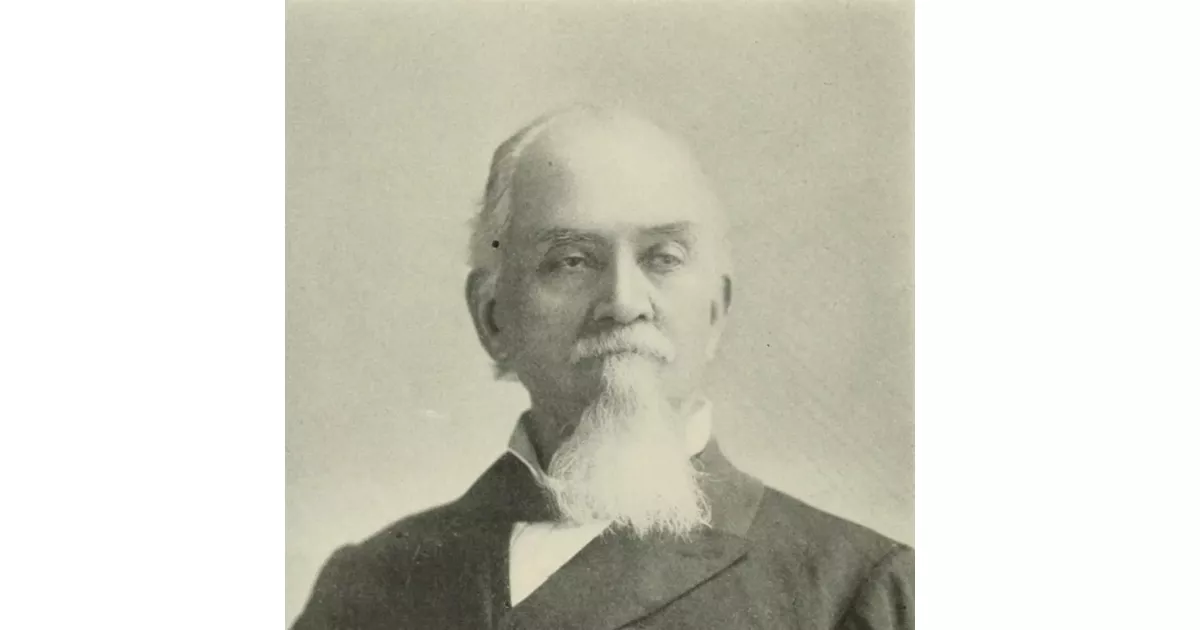Edmund Winston Pettus was a prominent Confederate officer during the Civil War, rising to the rank of brigadier general. Following the war, he served as a U.S. Senator for Alabama from 1897 to 1907. Pettus was also known for his leadership role in the Ku Klux Klan, a white supremacist organization that employed violence and intimidation against African Americans during the Reconstruction era.
January 26, 1903: Re-election to the U.S. Senate
Edmund Pettus was re-elected to the U.S. Senate by the Alabama state legislature on January 26, 1903.
January 22, 1907: Final Re-election to the U.S. Senate
Edmund Pettus secured his final re-election to the U.S. Senate on January 22, 1907. This term was set to begin in 1909.
July 27, 1907: Death of Edmund Pettus
Edmund Pettus passed away on July 27, 1907, at the age of 86.
1907: Death of Edmund Pettus
Edmund Pettus died in the summer of 1907, during his time in office as a U.S. Senator.
1909: Posthumous Senate Term
Edmund Pettus was elected to the U.S. Senate for a term that would have begun in 1909, but he died before he could serve.
1940: Bridge Named After Edmund Pettus
A bridge spanning the Alabama River in Selma was named after Edmund Pettus in 1940.
1940: Edmund Pettus Bridge Construction
The Edmund Pettus Bridge across the Alabama River in Selma was built in 1940.
1965: Edmund Pettus Bridge and the Civil Rights Movement
In 1965, the Edmund Pettus Bridge became a landmark of the civil rights movement when a march for voting rights was met with violence from state troopers and the KKK.
1965: Bloody Sunday on the Edmund Pettus Bridge
The Edmund Pettus Bridge became a focal point of the civil rights movement in 1965 when peaceful demonstrators marching for voting rights were attacked on the bridge.
2020: Proposal to Rename the Edmund Pettus Bridge
In 2020, Caroline Randall Williams, Edmund Pettus' great-great-granddaughter, suggested renaming the bridge after civil rights leader John Lewis.
Mentioned in this timeline
Alabama is a state in the Southeastern United States bordered...

The Edmund Pettus Bridge in Selma Alabama built in carries...

An election is a structured decision-making process where a population...

Voting is the formal process of expressing preferences for officials...
Trending

Marcell Ozuna nicknamed the Big Bear is a Dominican professional baseball player currently playing designated hitter and outfielder for the...

4 months ago Emma Navarro vs. Shuai Zhang: WTA Wuhan Open 2025 Match Prediction and Preview
3 months ago Shandong Province sees Gemara discovery, increased German investment, and innovation center launch.
5 months ago Finland Urges US Military Presence Amidst Putin's Actions and Baltic Security Concerns

2 months ago Analyst Predicts Apple Deal, Intel Stock Rises, but Impact Questioned.

2 months ago Powerball Jackpot Reaches $719M: Winning Numbers Announced November 29th, Check Your Tickets!
Popular

Kid Rock born Robert James Ritchie is an American musician...
The Winter Olympic Games a major international multi-sport event held...

XXXTentacion born Jahseh Dwayne Ricardo Onfroy was a controversial yet...

Melania Trump a Slovenian-American former model has served as First...

Barack Obama the th U S President - was the...

Billie Eilish is a prominent American singer-songwriter who rose to...
